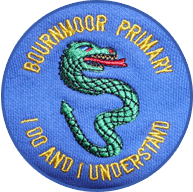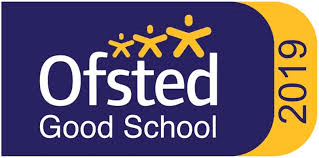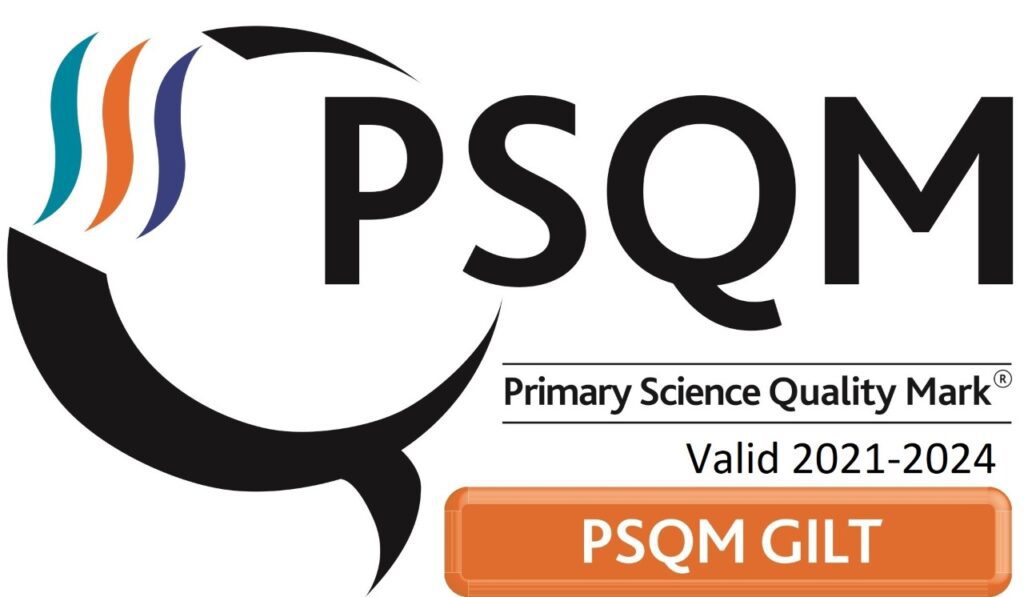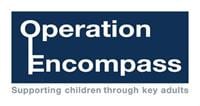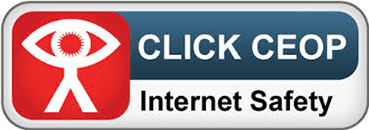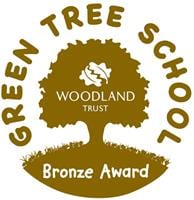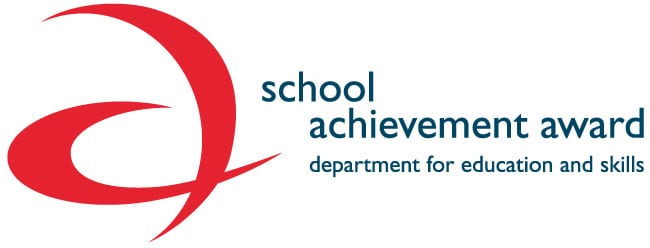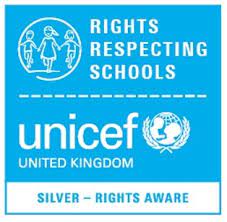At Bournmoor School Primary, we believe that pupils should enjoy reading a range of fiction and non-fiction texts that allow them to explore a range of interests and topics. We follow the colour-coded Bug Club Reading Scheme from Pearson and the Jolly Phonics scheme in our school.
How we teach reading
Reading is taught in a variety of ways including:
- Daily phonic sessions
- Individual reading with the teacher or teaching assistants
- Guided reading sessions
- Whole class reading lessons e.g. poetry, comprehensions, presentations, summarising, inference and predictions skills, comparing texts etc
- Comprehension
- Whole class novels and texts
- Developing fluency through teacher-led modelling, performance reading, etc
- Online reading texts and audio books
- Discrete reading sessions during lessons
- Library time
Reading in EYFS
When children enter the EYFS unit, they begin preparation to read by completing the ‘BLAST’ programme. BLAST is ‘Boosting Language Auditory Skills and Talking’ and works on the underpinning skills for language, communication and literacy, turn taking, discrimination, listening, attention and social communication as well as developing basic language skills. This programme lasts for six weeks and is delivered in order to prepare the children to begin Phase One of the Letters and Sounds programme.
During Phase One pupils will learn to hear, remember and acknowledge specific sounds. This helps pupils to start to learn and say the sounds in Phase Two. Pupils will then be taught to blend sounds together to read words. As pupils progress to Phase Three, they will learn more complicated sounds and read words with more than one syllable.
Children have constant access to the reading area and library with a large selection of fiction and non-fiction books.
Phonics
At Bournmoor, we believe that phonics is a vital part of children’s education. It plays an essential role in preparing pupils to become brilliant readers and writers. In Nursery, Reception and Key Stage One, pupils receive a daily phonic session using the Jolly Phonics programme. As pupils progress into Key Stage Two, phonics skills are embedded to allow word reading of more advanced texts.
At the end of Year 1, there is a statutory assessment test for Phonics. This Year 1 phonics screening check takes place nationally in June each year. The check involves the children reading real and nonsense words. Any children who don’t pass the phonics test in Year 1 will be retested in Year 2. Reading nonsense words is a perfect way to check that your child can blend phonemes for reading, by reading a word they have never seen before, e.g. ch – au – g chaug.
Our sessions focus on daily, interactive sessions that allow pupils’ reading and spelling skills to develop.
- Children learning phonemes (spelling and pronunciation).
- Teaching children how to blend sounds e.g. s…n…ail…l = snail.
- Teaching pupils to segment words into their phonemes sheep = sh-ee-p. This means pupils can break up words into phonemes to read/spell unfamiliar words.
- Learn to read and spell tricky words (there is a list available in this book).
- Teaching pupils to pronounce phoneme in alternative ways e.g. mean, break, feather
- Teaching children to spell phonemes in different ways e.g. ai, a, ay, eigh, ea
Key Stage 1
As pupils move into Year One, they will have the opportunity to consolidate Phase Three sounds as well as progressing to Phase 4 and Phase 5. Children will now be able to read polysyllabic vocabulary and recognise common suffixes. Children will be taught daily phonic sessions and will also receive a Phonics Booklet to take home in the Spring Term in preparation for the Phonics Screening test which is taken at the end of Year One.
The development of comprehension skills is a key part of Key Stage One teaching so pupils will be able to fully understand what they have read.
Key Stage 2
As pupils enter Key stage Two, they should have a solid foundation of word reading and comprehension skills. They will now begin to read more advanced texts to develop their prediction, inference and summarising skills. They will have the opportunity to access a large selection of fiction and non-fiction texts in preparation for the SATS reading test which will be taken in Year 6.
Reading at Home
Reading is one of the most important skills that your child can develop as it is essential in everyday life. We encourage children to read as often as possible. We use the Pearson Book Club Scheme at school. These books are specifically designed to help consolidate and embed phonic knowledge. Therefore, it is important to read these books more than once as children are reading to develop fluency and accuracy. It is also essential that pupils read a wide range of different text types to encourage a love of reading. Reading for twenty minutes per day has a huge positive impact of children’s vocabulary, spelling skills confidence and creativity. Thank you for your continued support with this.
How can you help?
- Please encourage your child to read as much as possible. This can be absolutely anything: books, newspapers, food labels or even road signs! If they are unsure of the words ask them to “sound it out.”
- After reading your child’s home reader, write a comment in their reading book. This helps teachers to keep up-to-date with your child’s progress.
- Please practise reading and spelling the key words (displayed in your child’s homework and reading record) as much as possible.
- Encourage your child to use the school or local library.
Hints and Tips
- Help children to sound out any unfamiliar words by segmenting the words e.g. sh-ee-p.
- Ask questions about they have read. Can they re-tell the story? Can they find information? Can they name a character?
- Please make use of local libraries as they are a great resource for a wide selection of fantastic texts.
- Ask the class teacher any questions that you may have.
Celebrating Reading
We value and celebrate our reading achievements at Bournmoor Primary School as we want children to develop a love of reading a wide range of materials with increasing accuracy and fluency. This is done through a variety of ways. Children can be awarded the Rockstar Reader Award in each class weekly. This is usually for outstanding reading or fantastic progress. Additionally, we also invite special guests to help to bring reading to life. This is included as part of our wider curriculum too as we want children to gain valuable knowledge and vocabulary to develop their greater understanding. These could be through reading workshops or whole school activities and we enjoy celebrating reading on World Book Day each year.
Feedback
At Bournmoor Primary School we want to give children the best possible experiences and educational opportunities. Therefore, we value any parental feedback we receive to ensure strong home/school links. You can contact the school via our email address, telephone us or speak to the class teachers or headteacher.
